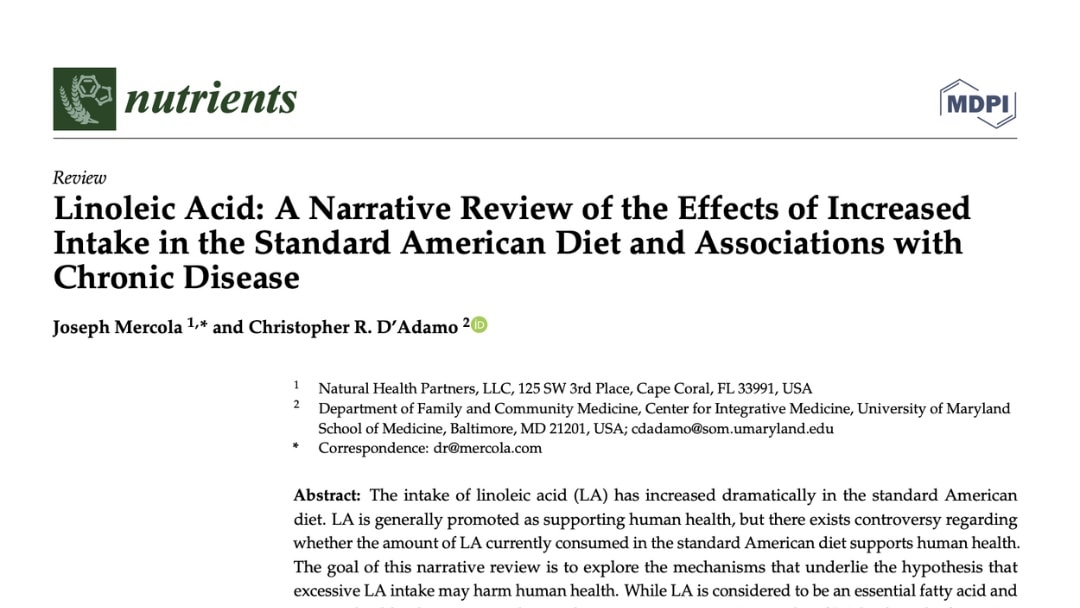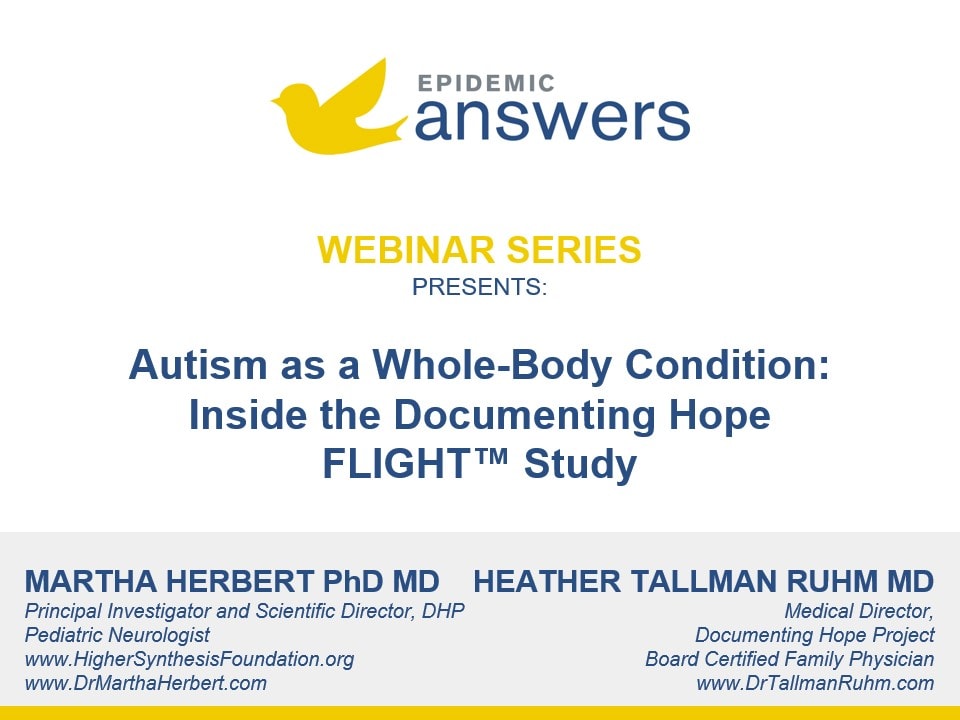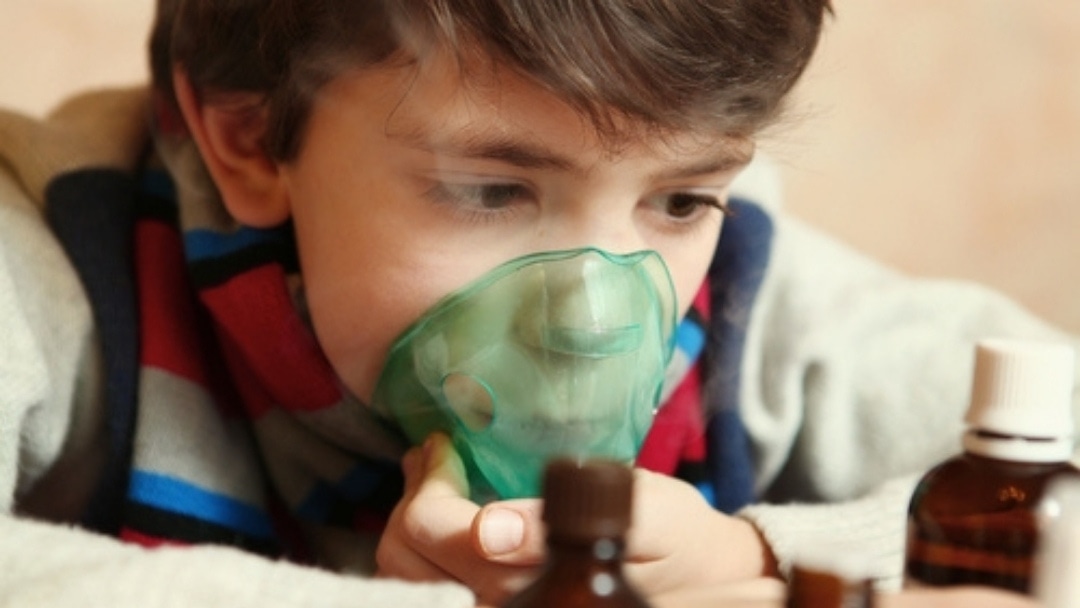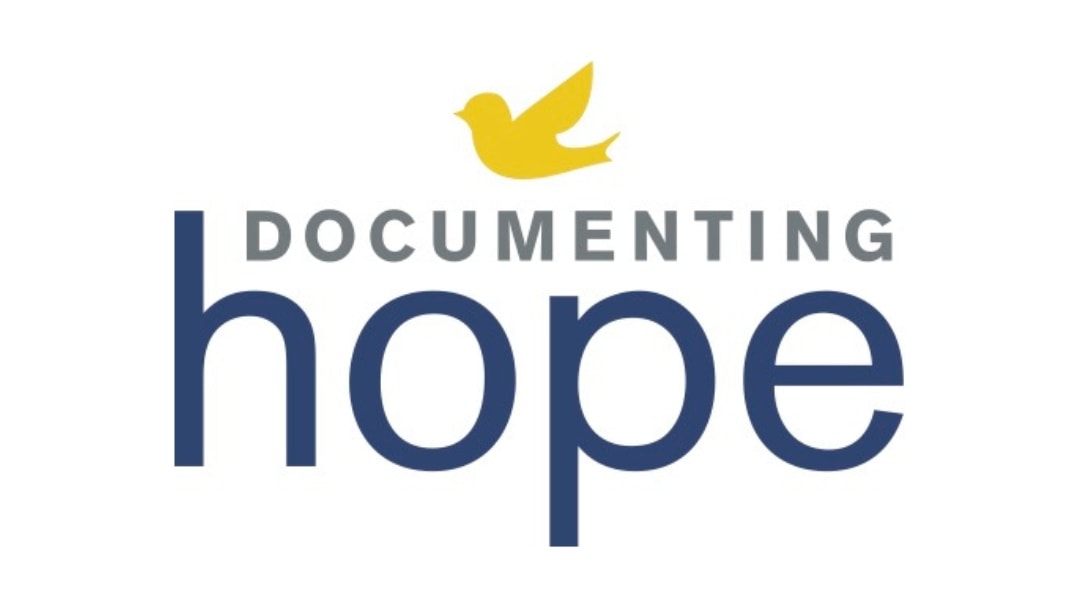In this webinar, Chris D’Adamo PhD, the Scientific Director and Principal Investigator of the Documenting Hope Project, told us how modern living can help or hurt your child. He also detailed insights from Documenting Hope’s research studies that you can apply to your life today. You can watch the replay below.
What Is Meant by “Modern Living”?
Modern living entails diet and lifestyle factors that have mostly appeared during or after the Industrial Revolution. Many of these factors can affect health, often in negative ways. Examples of potentially negative modern-living factors include:
- Refining of grains
- Increased sugar in the diet
- Addition of vegetable oils in the diet
- Adding non-food items such as preservatives, colorings and flavorings to food
- Synthetics and toxins
- Lack of breastfeeding
- Overuse of C-section births
- Overuse of antibiotics
- Restricted infant movements
- EMFs
- Indoor, sedentary lifestyle
- Blue lights from mobile phones, TVs, computers and other devices
These are just a few examples of modern living that can be a challenge to health and that can interfere with children’s development. However, not all aspects of modern living are necessarily damaging. Better sanitation through the use of modern plumbing practices as well as increased, consistent access to food have improved peoples’ lives and health.
How Is the Documenting Hope Project Studying the Effects of Modern Living?
The Documenting Hope Project currently involves two research studies:
The CHIRP™ Study
The CHIRP™ Study is an IRB-approved study featuring the most comprehensive pediatric survey of children’s health, growth and development in the context of the modern world – a place with innumerable toxic and unhealthy influences. This study seeks to better understand the impact of the totality of modern living on children’s health.
The FLIGHT™ Study
The FLIGHT™ Study builds upon the CHIRP™ Study as a foundation for capturing clinical data over time to test the hypothesis that comprehensive personalized lifestyle interventions will result in symptom abatement, improved health and potentially full disease reversal. The study tracks individual participants through 18 months of lifestyle interventions personalized to their needs.
In This Webinar
In this webinar, Dr. D’Adamo gave us insights into the top health and healing strategies from our CHIRP™ and FLIGHT™ Studies such as:
- What is total load and why does it matter?
- What is the number one stressor that is most commonly linked to health and developmental issues in children?
- What is an easy, simple way that parents can reduce one of the most harmful daily exposures for their children?
- Which hidden stressor that most people don’t even know about can actually be very harmful?
- Why is personalized medicine the future?
- Which cutting-edge tools that most doctors may not even know about are being used in the FLIGHT™ Study?
- What is the key takeaway from the FLIGHT™ Study?
Please note that you will be asked to provide your email address at the 30-minute mark to continue viewing the replay.
About Chris D’Adamo PhD
Dr. Chris D’Adamo is an epidemiologist with expertise in the relationship between modifiable lifestyle factors and human health across the lifespan.
Dr. D’Adamo received his PhD in Epidemiology in 2010 from the University of Maryland School of Medicine and is currently an Assistant Professor with dual appointments in the Departments of Family & Community Medicine and Epidemiology & Public Health.
Dr. D’Adamo serves as the Director of the Center for Integrative Medicine at the University of Maryland School of Medicine, the first academic-based integrative medicine center in the United States with an over 30-year history that has collectively published over 1,000 peer-reviewed scientific papers and received over $50 million of competitive research funding.
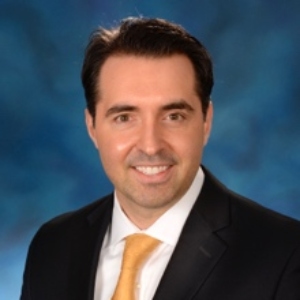
Dr. D’Adamo has served as Principal Investigator on many clinical trials and observational studies and authored over 70 publications in peer-reviewed scientific and medical journals including Nutrition, Clinical Nutrition, Nutrition Research, American Journal of Health Promotion, Journal of Nutrition, American Journal of Preventive Medicine, Nutrients, Journal of Nutrigenetics and Nutrigenomics and Cochrane Database of Systematic Reviews among many others.
Dr. D’Adamo is also a Fellow at the Nova Institute for Health and Senior Research Advisor to the Institute for Functional Medicine.
Disclaimer
This webinar is not a substitute for medical advice, treatment, diagnosis, or consultation with a medical professional. It is intended for general informational purposes only and should not be relied on to make determinations related to treatment of a medical condition. Epidemic Answers has not verified and does not guaranty the accuracy of the information provided in this webinar.
Still Looking for Answers?
Visit the Epidemic Answers Practitioner Directory to find a practitioner near you.
Join us inside our online membership community for parents, Healing Together, where you’ll find even more healing resources, expert guidance, and a community to support you every step of your child’s healing journey.
Sources & References
Mercola J, D’Adamo, CR. Linoleic Acid: A Narrative Review of the Effects of Increased Intake in the Standard American Diet and Associations with Chronic Disease. Nutrients 2023, 15(14), 3129.
Ruscio M, Guard G, Piedrahita G, D’Adamo CR (2022). The relationship between gastrointestinal health, micronutrient concentrations, and autoimmunity: a focus on the thyroid. Nutrients. 14(17): 3572.
Saleska JL, Bryant C, Kolobaric A, D’Adamo CR, Colwell CS, Loewy D, Chen J, Pauli EK (2023). The safety and comparative effectiveness of non-psychoactive cannabinoid formulations for the improvement of sleep: a double-blinded, randomized controlled trial. Journal of American Nutrition Association 10:1-11.
Stone M, Lukaczer D, D’Adamo CR, Dotson N, Volkov A, Minich D, Metti D, Leary M, Class M, Carullo M, Lundquist E, Eck B, Ordovas J, Lamb J, Bland J. (2023) LIFEHOUSE’s Functional Nutrition Examination (Physical Exam, Anthropometrics, and Selected Biomarkers) Informs Personalized Wellness Interventions. J. Pers. Med. 13: 594.
Resources
Books
Fitzgerald, Randall. The Hundred-Year Lie: How to Protect Yourself from the Chemicals That Are Destroying Your Health. London: Plume, 2007.
Hong, Maria Rickert. Almost Autism: Recovering Children from Sensory Processing Disorder, A Reference for Parents and Practitioners. 2014.
Lambert, Beth. A Compromised Generation: The Epidemic of Chronic Illness in America’s Children (Sentient Publications, 2010).
Perro, Michelle, et al. What’s Making Our Children Sick?: How Industrial Food Is Causing an Epidemic of Chronic Illness, and What Parents (and Doctors) Can Do About It. Chelsea Green Publishing, 2017.
Rogers, Sherry. Detoxify or Die. Prestige Publishing, 2002.
